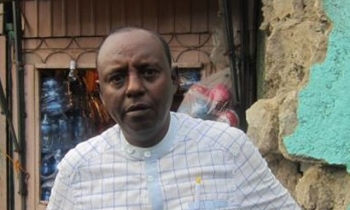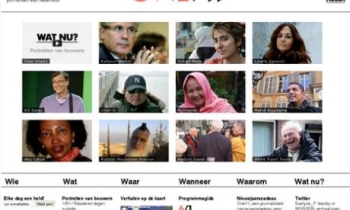MEDIA baron Rupert Murdoch will be given an extension of his controversial "poison pill" corporate defence strategy at tonight's News Corporation annual meeting in New York.
Company sources last night confirmed that Mr Murdoch, News chairman and chief executive, had the numbers for a two-year extension of the poison pill when the issue goes to a vote of shareholders.
This was despite the fact that institutional investors were being advised to vote against the strategy because of its potential to depress the share price.
It was unclear which institutions had decided to reject that advice, but among Mr Murdoch's individual supporters is Saudi billionaire Prince Alwaleed bin Talal, the world's fourth-richest man, whose $US16 billion ($21 billion) worth of US investments includes about 3 per cent of News's voting stock.
The poison-pill extension, and the fact that News's share price is up 30 per cent this year, will highlight what is expected to be a positive annual meeting of one of the world's premier media companies. Under the poison-pill strategy, potential corporate raiders would see the value of their News stock - and hence their ability to takeover the company - diluted by the issue of new shares.
The measure protects the Murdoch family, which controls News with about 30 per cent of the voting stock.
At last year's AGM, Mr Murdoch said the provision also protected the company's small shareholders from "getting tricked into selling their shares at a reduced price".
The News board instituted the poison pill in 2004, after Liberty Media's John Malone managed to acquire 19 per cent of the company's voting stock.
Mr Murdoch promised to put the poison pill to a shareholder vote, but when the board changed its mind, several dissident investors took legal action. The case was settled on terms that oblige News to hold an advisory vote at tonight's AGM. The extension of the poison pill gives News room to negotiate a takeout of Mr Malone's stake in News in exchange for the company's 38 per cent interest in the DirecTV cable network and some other cable TV assets.
An asset-swap has significant tax benefits for Liberty, and company chief executive Greg Maffei has confirmed that a deal was in the pipeline.
"We are saying in the marketplace that we may exchange our roughly $US11 billion stake in News for a controlling stake in DirecTV," Mr Maffei said this week.
While Mr Murdoch was not intending to announce, or foreshadow, new acquisitions at the AGM, News sources said the potential of the internet and recent changes to Australia's media ownership rules made "anything possible". From next year, media proprietors, local or foreign, will be legally allowed to own newspapers and TV stations in the same Australian market.









